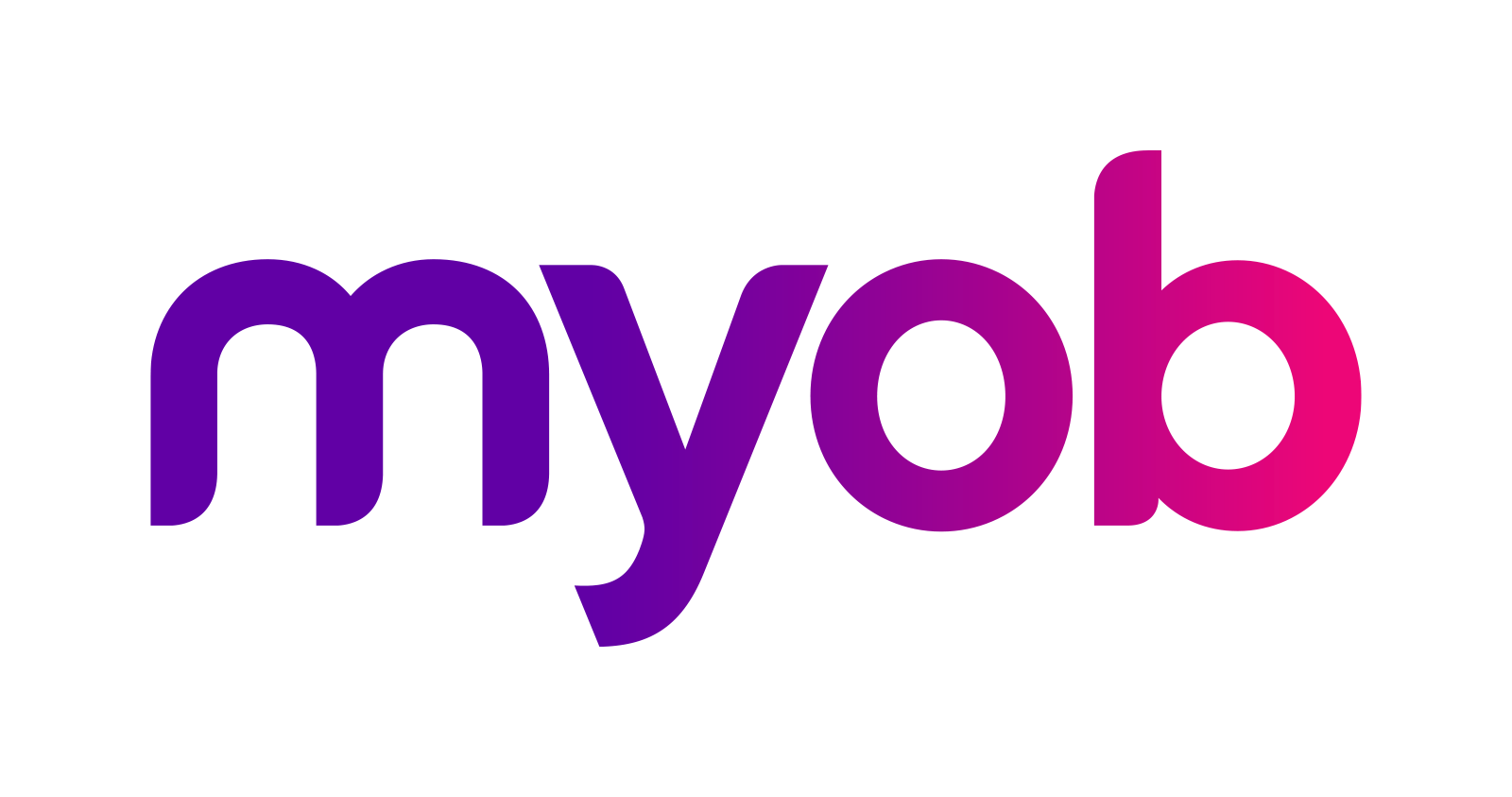What is depreciation?
- Depreciation allows for wear and tear on a fixed asset and is deducted from your income.
What is subject to depreciation?
- Any fixed assets in your business that have a lifespan of more than 12 months.
- A wide range of commercial and industrial building fit-out assets.
What cannot be depreciated?
- Land.
- Certain residential buildings.
What are your responsibilities?
- To keep a fixed asset register to show assets you are depreciating.
- To record the depreciation claimed and adjusted tax value of each asset. The adjusted tax value is the asset’s cost price, less depreciation since date of purchase.
What happens when an asset is sold?
- If you sell an asset for more than its depreciated value, the IRD will treat this as depreciation recovery (up to the original cost) which is taxable.
- If the sale price of the asset exceeds the original cost of the asset, then this amount is considered a tax free capital gain.
- An asset sold for less than its depreciated value is considered a taxable loss.
When can an asset be depreciated?
- Depreciation can only be claimed once you own the asset and it is available for use in deriving income.
What about low value assets?
- Assets costing less than $1000 can be written off in the year it was purchased.
Rates and methods for calculating depreciation can be found at
https://www.ird.govt.nz/depreciation
For more information please call us on 09 373 4544

Get the right advice
Let’s make a time to discuss your needs and answer any questions you may have.


